Speakers
| Speakers (The list is arranged in the order according to the programme rundown) |
|---|
 Prof. Rudolf JAENISCH, the Academician Professor, Whitehead Institute of Massachusetts Institute of Technology; Academician, United States National Academy of Sciences Talk Title: Genomic Integration and Expression of SARS-CoV-2 Prof. Rudolf JAENISCH is a Founding Member of the Whitehead Institute for Biomedical Research and a Professor of Biology at the Massachusetts Institute of Technology. He is a pioneer in making transgenic mice, some of which have produced important advances in understanding cancer, neurological and connective tissue diseases, and developmental abnormalities and has explored basic questions such as the role of DNA modification, genomic imprinting and X chromosome inactivation. The laboratory is renowned for its expertise in cloning mice and in studying the myriad factors that contribute to the success and failure of cellular reprogramming. More recently the lab has focused on using the iPS cell system to study diseases such as Alzheimer’s, Parkinson’s and Autism. Prof. Jaenisch is a Member of the National Academy of Sciences and the International Society for Stem Cell Research. In 1996, he was honored with the Boehringer Mannheim Molecular Bioanalytics Prize. In 2001, he was the recipient of the first ever Peter Gruber Foundation Award in Genetics. He won the Robert Koch Prize for Excellence in Scientific Achievement in 2002 and the March of Dimes Prize in 2015. In 2011, he was a recipient of the United States National Medal of Science. He became the president of the ISSCR in 2014. |
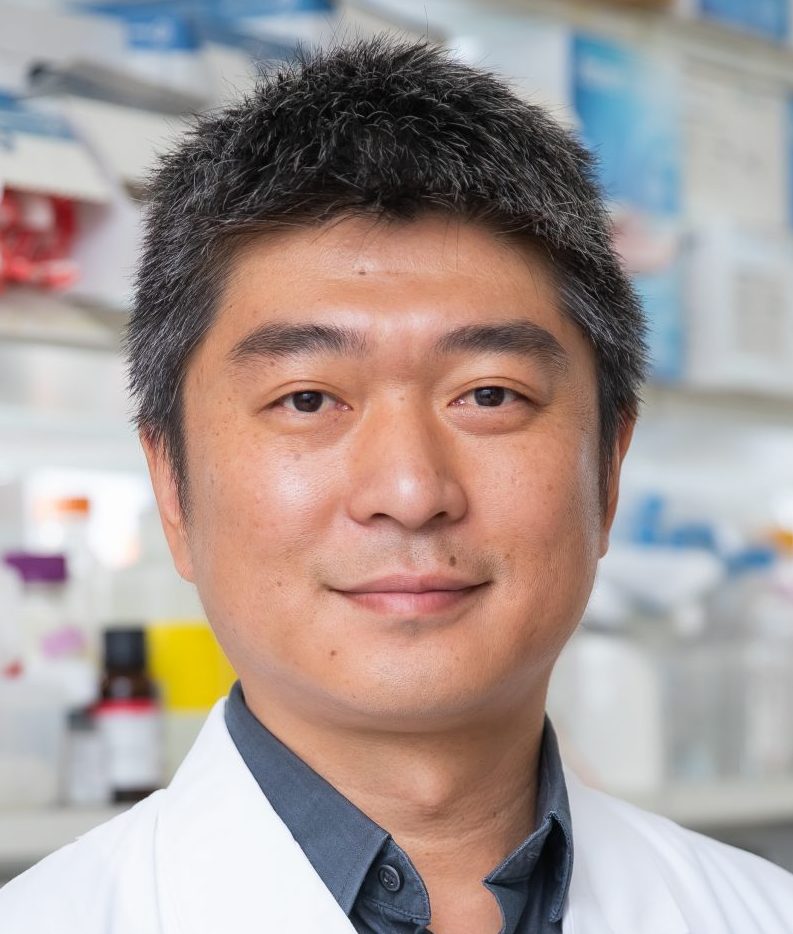 Prof. Jun WU Assistant Professor, Southwestern Medical Center, University of Texas Talk Title: Cell Competition Consitutes A Barrier for Interspecies Chimerism Prof. Jun WU is currently an Assistant Professor in the Department of Molecular Biology at UT Southwestern Medical Center, Dallas. Prof. Wu’s work has contributed to the generation of new stem cells for basic and translational studies, and developing novel and efficient genome and epigenome editing tools. His group is particularly interested in harnessing stem cell derived interspecies chimeras and synthetic embryos for studying early mammalian development, pluripotency and molecular mechanisms of xenogeneic barriers. |
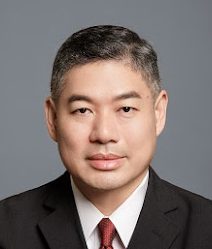 Prof. Erwei SONG, the Academician President, Sun Yat-sen Memorial Hospital, Sun Yat-sen University; Academician, Chinese Academy of Sciences Talk Title: Tumor Ecology and Immunotherapy Prof. Erwei Song is Professor of Breast Surgery and President of Sun Yat-sen Memorial Hospital, Sun Yat-sen University. He is also a member of Chinese Academy of Sciences. As a clinician scientist, he is keen to address scientific questions derived from clinical practice. He is among the first doctors in China to perform breast-conserving surgery, which preserves the microenvironment tissues for activation of anti-tumor immunity. His study has proposed and solidified “the Theory of Tumor Ecosystem”, which sheds new lights on immunotherapy. He has published 156 research articles in SCI-indexed journals, which have been cited for 12012 times. |
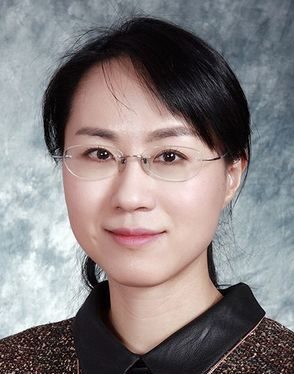 Prof. Xin XIE Distinguished Professor , Shanghai Institute of Materia Medica, Chinese Academy of Sciences Talk Title: Chemical-Mediated Somatic Cell Reprogramming and Transdifferentiation Prof. Xin XIE is Professor/Principle Investigator in Shanghai Institute of Materia Medica, Chinese Academy of Sciences. She is also the Deputy Director of The National Center for Drug Screening. Prof. Xie received her Ph.D. from University of Medicine and Dentistry of New Jersey in 2002, studying the neuro-protective roles of gangliosides. Prior to her doctoral work, Prof. Xie obtained her B.S. in chemistry from Peking University in 1996. She is interested in chemical-mediated somatic cell reprogramming and transdifferentiation, while her effort is also directed towards drug discovery projects targeting G-protein coupled receptors. |
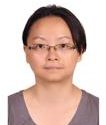 Dr. Ting CHEN Senior Investigator, National Institute of Biological Sciences, Beijing Talk Title: Skin Regional Difference in Health and Disease Dr. Ting CHEN is a Principle Investigator at the National Institute of Biological Sciences in Beijing. Her lab is interested in two main areas: 1. Skin regeneration patterns: by combining multidisciplinary methods to reveal new mechanisms of niche regulated skin stem cell specification, maintenance and loss, and 2. Skin disease mechanism and treatment: by developing several genetic and acquired skin disease models including RDEB and vitiligo to investigate the mechanisms underlying disease progression. Her lab also developed novel in vivo gene editing technologies to achieve efficient gene therapy for skin disease treatment. |
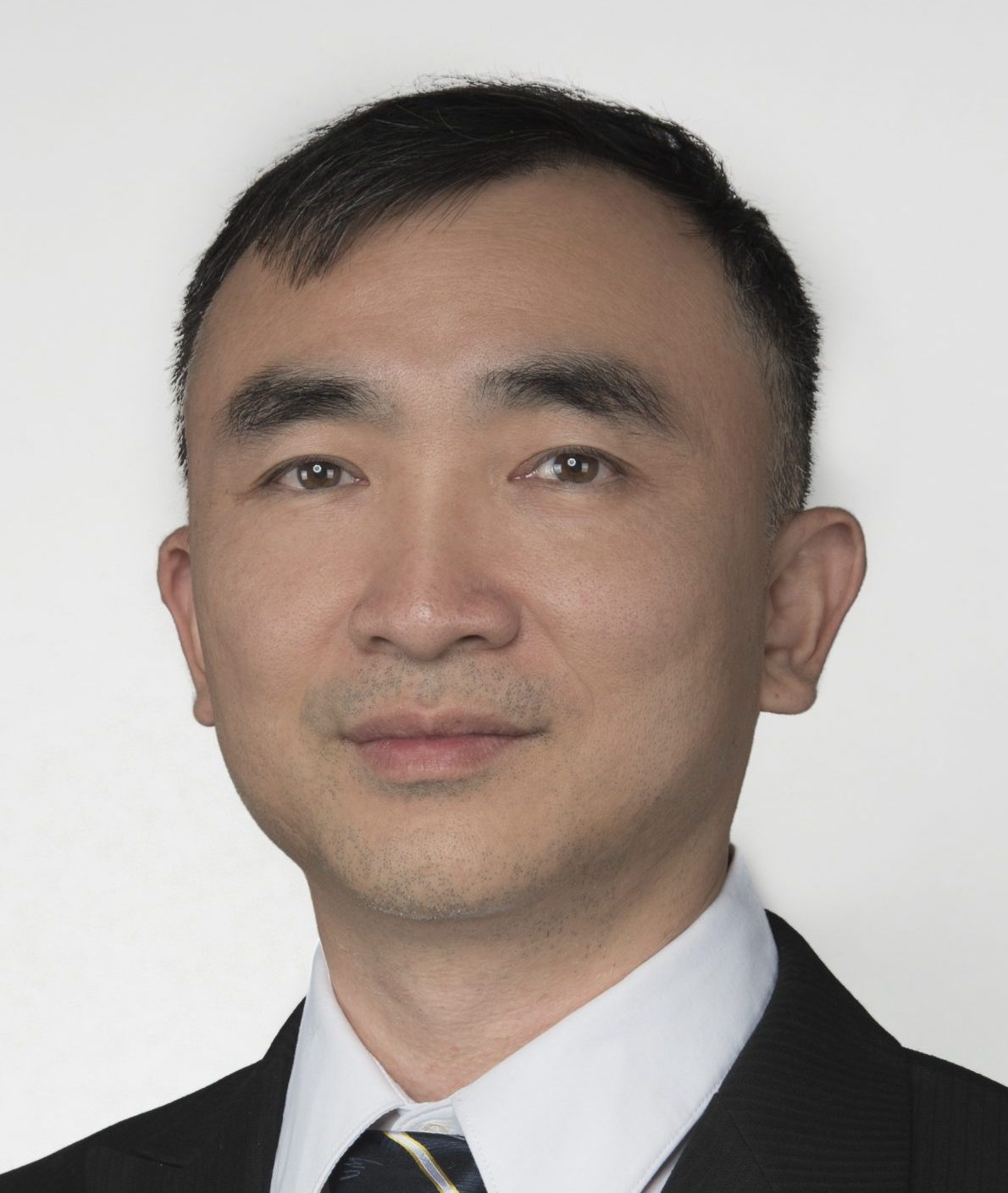 Prof. Guokai CHEN Associate Dean (Teaching) and Professor, Faculty of Health Sciences, University of Macau Talk Title: Lipids Modulate Cellular States in Human Pluripotent Stem Cells Prof. Guokai CHEN is a professor at the University of Macau. His research focus is to develop stem cell technologies for regenerative medicine. He invented the E8 culture system for pluripotent stem cell maintenance and differentiation. Recently, his group revealed how nutritional factors regulate cell fate, and developed new methods to generate cardiac, pancreatic and skin cells. |
 Dr. Xiaofang WANG Chief Technology Officer, Zhuhai Hengqin ImStem Biotechnology Co. Ltd. Talk Title: T-MSC Clinical Development for Autoimmune Diseases Landscapes Dr. Xiaofang WANG is the Vice President/CTO, the founder and Chief Technology Officer of Zhuhai Hengqin ImStem Biotechnology Co. Ltd. He was a postdoctoral fellow at School of Medicine, Yale University and University of Connecticut Stem cell institute. He obtained his MD from Peking University and PhD in Immunology from University of Texas-Houston Health Center. He is the key inventor of the T-MSC Technology, leading to the first hES-MSC cell product cleared by FDA for clinical trial. |
 Prof. Yizhun ZHU Dean and Chair Professor, School of Pharmacy, Macau University of Science and Technology Talk Title: Mesenchymal Stem Cells and Treatment of Osteoarthritis: A Way to Clinical Trial Prof. Yizhun ZHU is a licensed physician and Chair Professor of Pharmacology, dean of School of Pharmacy of Macau University of Science and Technology. Prof. Zhu got his Bachelor of Medicine at Shanghai Jiaotong University in 1989 and M.D./Ph.D. from Faculty of Medicine (Internal Medicine), University of Heidelberg, Germany in 1995. In 2014, Prof. Zhu was awarded ‘Health China’ top 10 figures of the year and Natural Science Research Award (ranked first among the Second Class of 3, top award of the year) from Macau in 2018. His research focuses on drug developments especially for heart and brain. The original research of motherwort for cardiovascular protection (transferred to the enterprise for 150 million RMB) received 2 clinical approvals for CFDA as a novel candidate drug and started clinical phase II trials. Phase I clinical trial as first-in-class will be started in US as well with the final approval by the FDA. In September 2012, the US ‘Science’ magazine reported that Prof. Zhu was the one of the most successful Chinese returnees scientists (September 2, 2012, p. 1692). In 2017, the American Chemical Society's news journal ‘C&EN’ featured his experience in drug development and praised him as one of the pioneers of life science research in China (April 3, 2017, 27-29). |
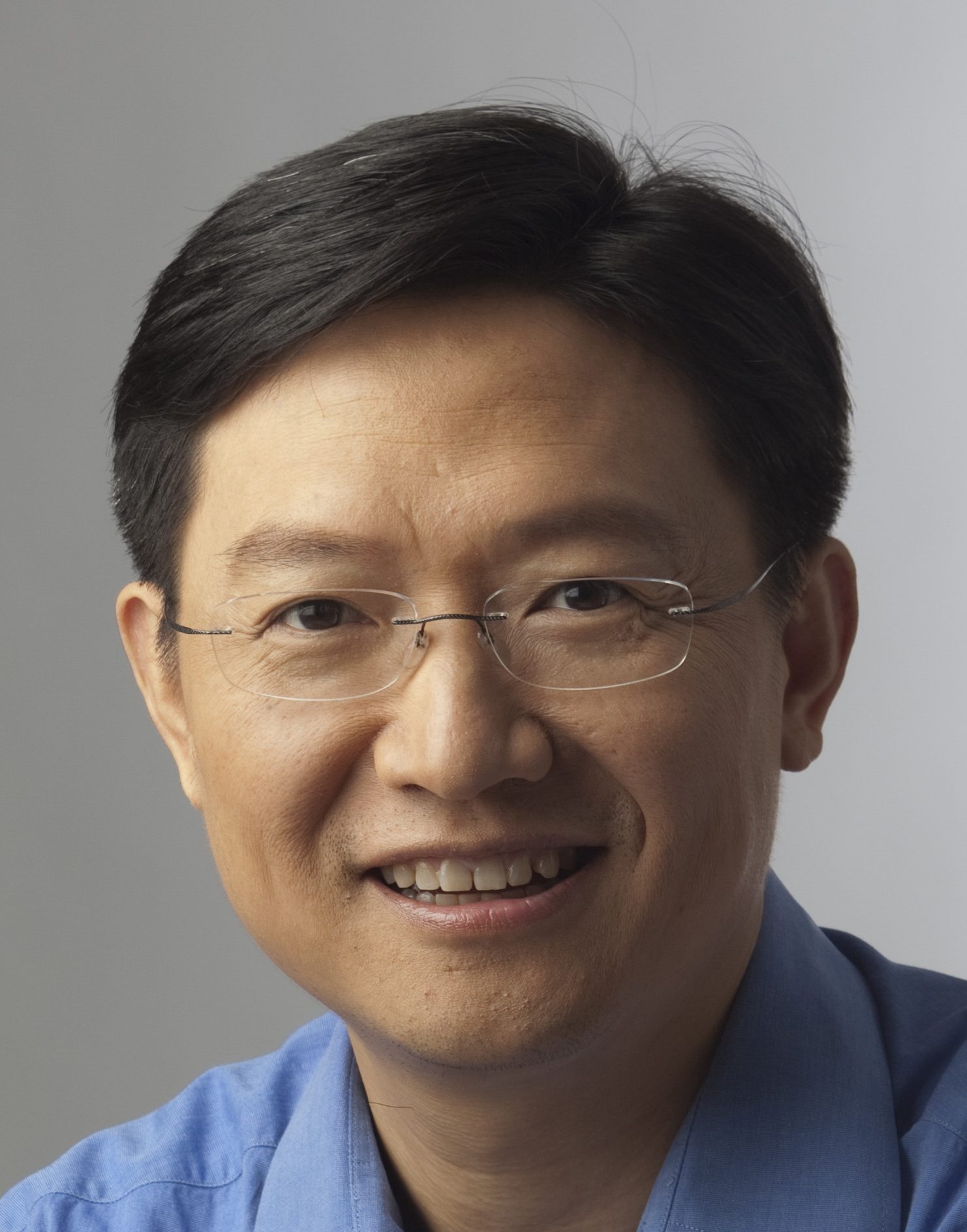 Prof. Hanry YU Professor ,Yong Loo Lin School of Medicine, National University of Singapore Talk Title: Engineering 3D Cellular Niche for Applications Prof. Hanry YU is a Professor in the Department of Physiology & Institute of Digital Medicine (WisDM), Yong Loo Lin School of Medicine and the Mechanobiology Institute (MBI), NUS; Senior Principal Investigator at the Institute of Bioengineering and Bioimaging (IBB), A*STAR. He was trained as a cell biologist but ventured into various other disciplines such as imaging, biomaterials, tissue engineering, drug testing, computational and Mechanobiology biology of liver diseases, and recently into developing technology for sustainable food. He strives to build integrated teams to equip future graduates to readily adapt into both industrial and future academic settings. |
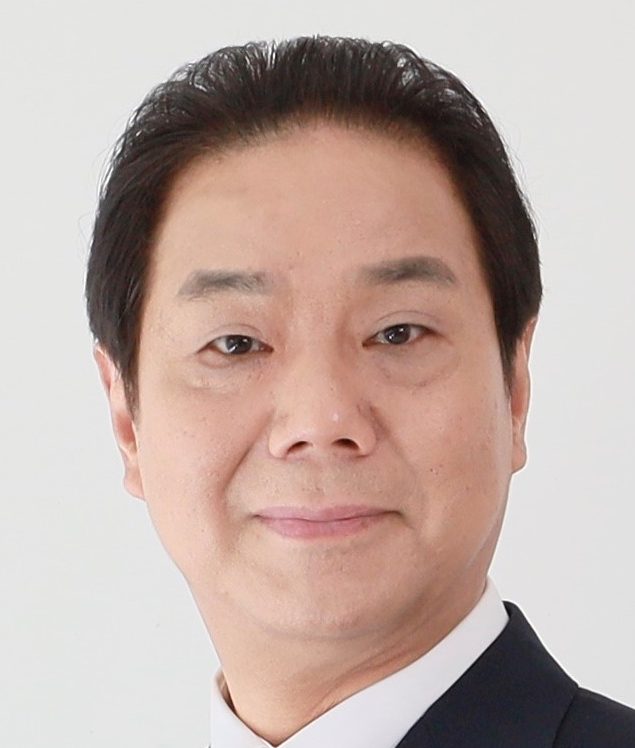 Prof. Tao CHENG Director, Institute of Hematology and Blood Diseases Hospital, Chinese Academy of Medical Sciences Talk Title: Mechanism and Strategy of Hematopoietic Regeneration Prof. Tao CHENG is currently a professor of medicine at Peking Union Medical College (PUMC) and Chinese Academy of Medical Sciences (CAMS), scientific director at National Institute of Hematology and State Key Laboratory for Experimental Hematology in China. Prof. Cheng‘s laboratory primarily focuses on both genetic and epigenetic mechanisms in hematopoietic stem and progenitor cells, with each project guided by approaches intended to elucidate basic principles and develop practical strategies. Leukemia and bone marrow failure are the main diseases against which research advances in the laboratory are achieved. Through broadly collaborative approaches, Prof. Cheng is also committed to training hematologists and stem cell biologists, and to building strong hematology and stem cell research programs that will ultimately benefit the patients. |
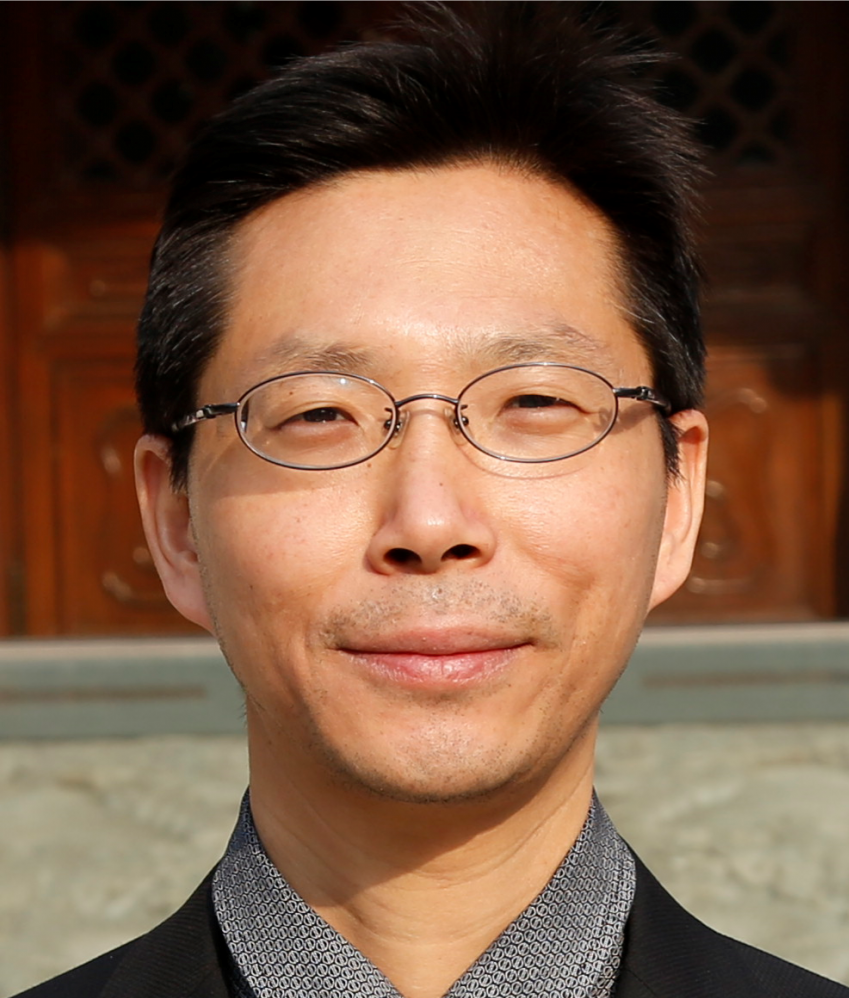 Prof. Bo HUANG Distinguished Professor, Peking Union Medical College Talk Title: Drug Tumor Microparticles: Novel Immunotherapy for Malignant Effusion and Ascites Prof. Bo HUANG is a professor & Vice Chairman of Department of Immunology, Chinese Academy of Medical Sciences (CAMS) and Peking Union Medical College. He is also the Vice Director of Institute of Basic Medical Sciences, CAMS. He serves Chinese Society for Immunology as the general secretary. His research focuses on Tumor immunology and immunotherapy, mechano-oncology, metabolism, and microparticles. As a corresponding author, he has published many high impact research papers including those in Cancer Cell, Nat Immunol, Nat cell Biol, Nat Mater, Nat Biomed Eng, Sci Immunol and so on. He developed the drug-packaging tumor cell-derived microparticle technology, which has been approved in several provinces in China for the treatment of malignant pleural effusion and malignant ascites. |
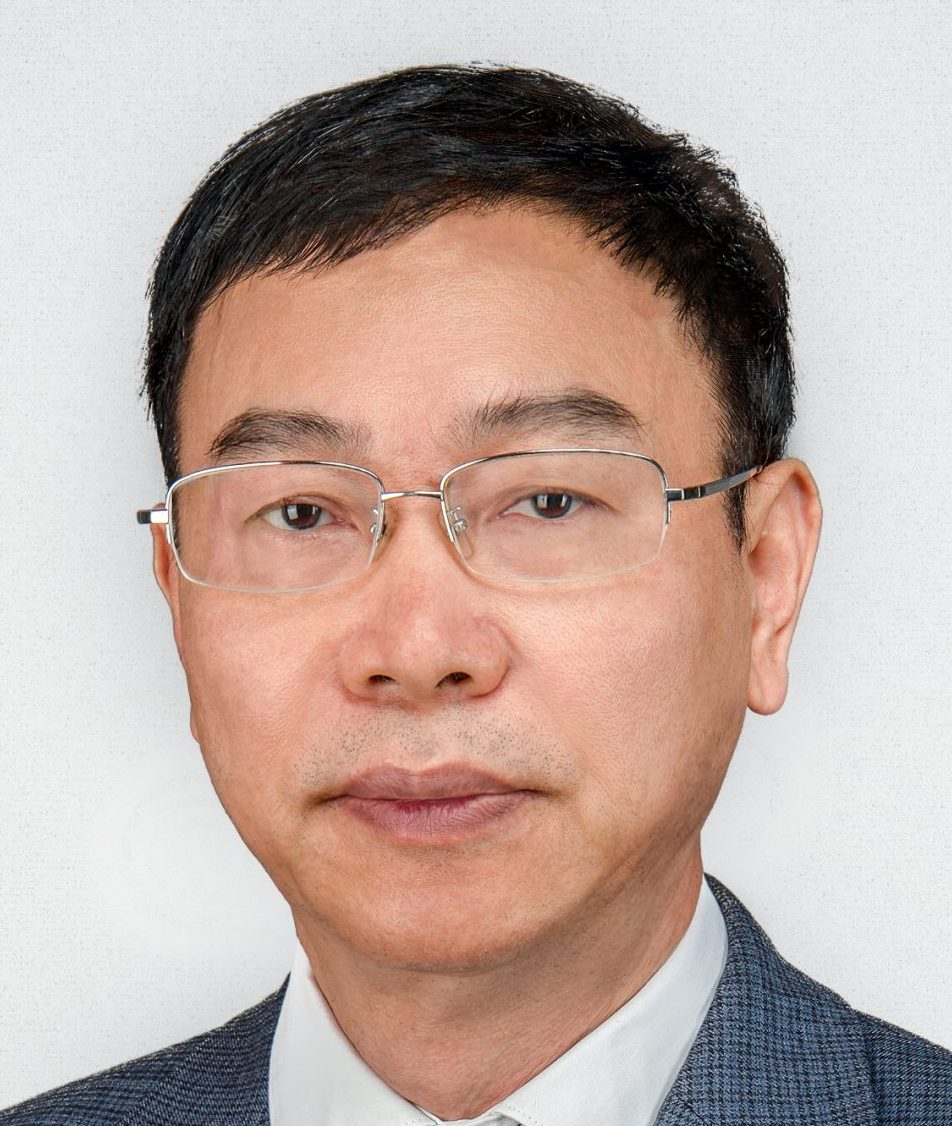 Prof. Chuxia DENG Dean and Chair Professor, Faculty of Health Sciences, University of Macau Talk Title: Patient Derived Organoids (PDOs) and Their Applications in Precision Oncology Prof. Chuxia DENG obtained his Ph.D degree at University of Utah in 1992. After finishing his postdoctoral training at the Harvard Medical School in 1995, he became a Tenure-track Investigator, Senior Investigator and the Chief of the Mammalian Genetics Section at the NIH, USA. He has been serving as the founding Dean of Faculty of Health Sciences, University of Macau since 2014. His research involves in some chronic diseases, development, ageing, stem cells, and cancers, particularly in the underlying mechanisms for BRCA1 associated breast cancer. He has published over 410 papers with a total citation of >68,000 times and a H-index of 136 by Google Scholar. |
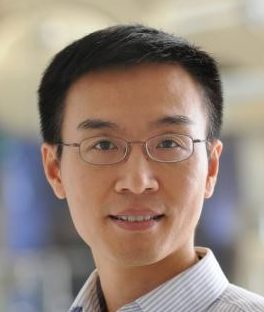 Prof. Zhou SONGYANG Director and Professor, Institute of Aging and Regenerative Medicine, Sun Yat-sen University Talk Title: Mechanisms of Stem Cell Self-renewal 松陽洲,教授、博士導師。廣州再生醫學與健康廣東省實驗室臨床創新部副部長,中山大學抗衰老中心主任, 曾任美國Baylor醫學院生化和分子生物學系終身教授, 講席教授。中國首批“國家海外高層次人才”入選者,國家重大科學研究計畫專案和重點專項首席科學家。歸國工作以來松陽洲教授銜接基礎研究和應用轉化,獲得科技部國家重大科學研究計畫的資助並任專案首席科學家,並獲得國家自然科學基金重大研究計畫、重點專案等多項國家級和省部級專案的資助。松陽洲教授在信號傳導、基因調控、基因編輯和分子細胞學領域的研究中做出了獨創性的貢獻,對人體細胞端粒調節機理和胚胎幹細胞的蛋白組學和功能性的研究處於國內外相關領域的前沿。曾榮獲Scientist報年度最佳論文獎和Cell雜誌30年最佳30篇文章獎,Irvington Institute Postdoctoral Fellowship, Ellison New Scholar,American Cancer Society Scholar與Leukemia and Lymphoma Society Scholar等榮譽。 |
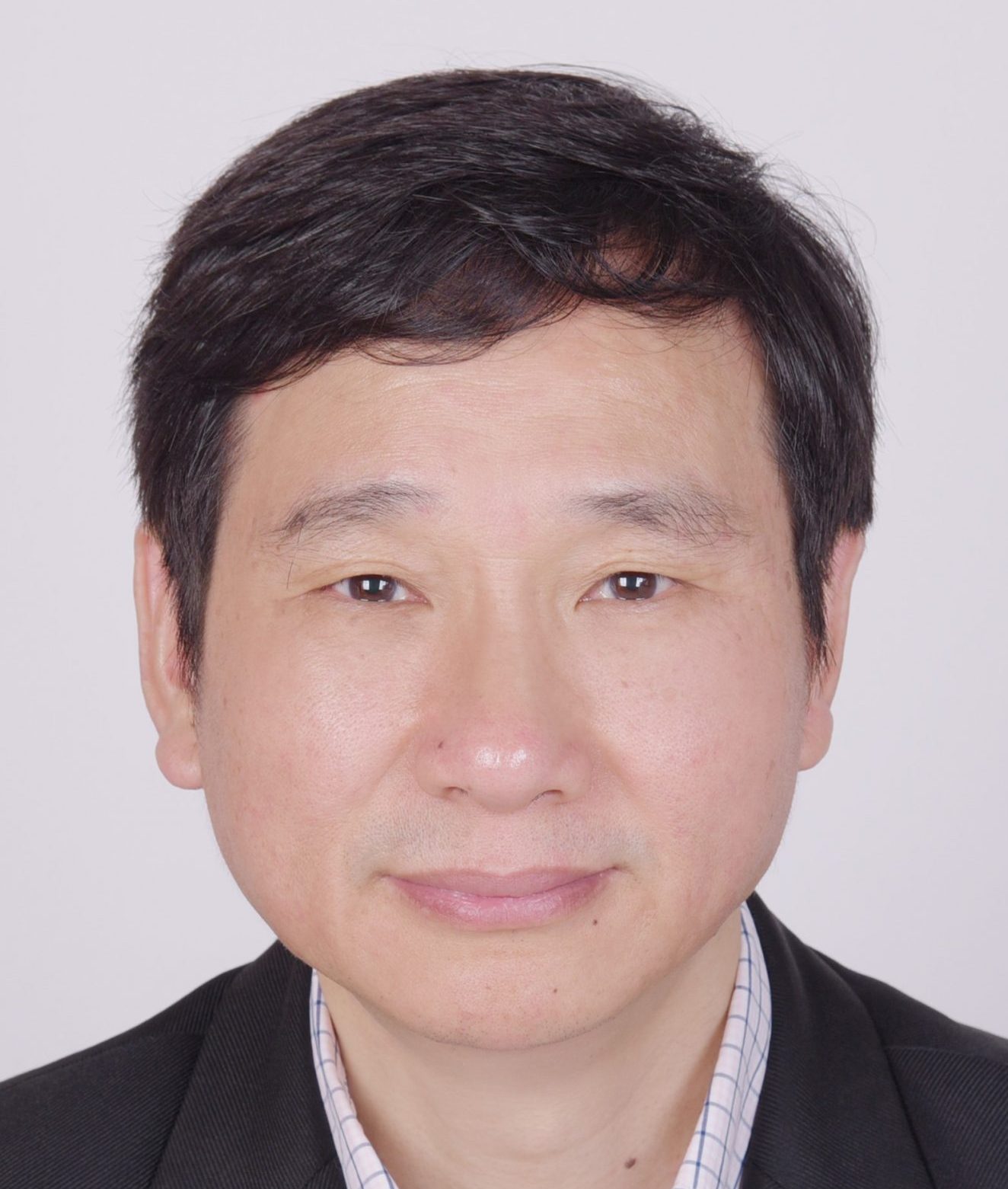 Prof. Zhinan YIN Director and Professor, Biomedical Translational Research Institute, Jinan University Talk Title: gdT Cells, from Basic to Clinic 尹芝南,1984年畢業於湖北醫科大學,1988年獲得上海第二醫科大學免疫學碩士學位。1992年底赴義大利國家腫瘤中心進修,從事腫瘤細胞轉移擴散的免疫機制研究。兩年之後,轉至免疫學家Av.Mitchson所領導的德國風濕病中心,從事T細胞分化及功能及其在自身免疫性關節炎中的作用的機制研究。1997年赴耶魯大學醫學院內科系風濕科從事博士後研究,1999年3月晉升為耶魯大學醫學院內科系風濕科助理研究員,2001年7月晉升為耶魯大學醫學院內科系風濕科助理教授,並於2006年7月晉升為副教授。2007年3月起被聘任為南開大學生命科學學院院長。同年9月被評為國家傑出青年基金獲得者,2008年3月被評為教育部“長江學者”特聘教授;2013年被評為國家人力資源和社會保障部新“百千萬”人才工程“有突出貢獻中青年專家”。2013年7月起作為廣東省第四批引進創新創業團隊帶頭人被引進到暨南大學籌建生物醫學轉化研究院並出任院長,2014年榮獲中國僑聯“第五屆僑界貢獻獎”,2018年榮獲中國僑聯僑界貢獻獎二等獎,廣東省丁穎科技獎,2019年被聘為珠海人民醫院學術總監。主要研究方向為γδ T細胞的分化發育及其在腫瘤免疫、肝炎和腸道菌群調控中的作用,並開展γδ T細胞治療腫瘤、肝炎合併結核病的臨床研究。同時,還擔任廣東省免疫學會理事長,中國細胞生物學會免疫細胞分會理事長,中國免疫學會常務理事等社會職務。 |
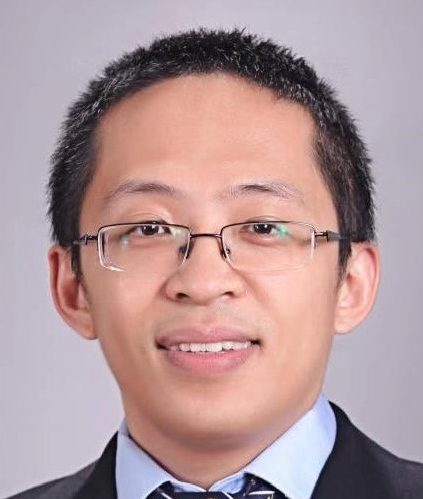 Prof. Nan CAO Professor, Zhongshan School of Medicine, Sun Yat-sen University Talk Title: Cell Fate Reprogramming and Heart Repair Prof. Nan CAO is a professor and principle investigator at Zhongshan School of Medicine, Sun Yat-sen University, China. His research focuses on developing innovative stem cell approaches to produce human heart muscles and the utilization of these cells to regenerate the human heart after injury or disease. In addition, he is also interested in developing methods to stimulate the mammalian heart’s own regenerative capabilities by mimicking the mechanisms that some lower non-mammalian vertebrate species use to regenerate their injured hearts. These studies have been published in many professional journals, including Science, Nat Biomed Eng., Cell Stem Cell, Adv Sci., and Circ Res. |
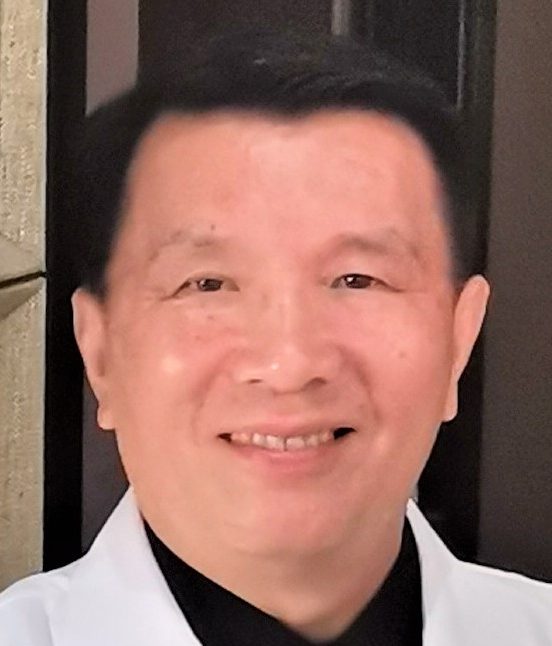 Prof. Jianhong ZHU Deputy Director and Distinghished Professor, State Key Laboratory of Medical Neurobiology, Fudan University Talk Title: Synthetic biotechnology of engineering customized cell and targeting cell therapy Prof. Jianhong ZHU is the Professor of Neurosurgery at Fudan University Huashan Hospital in Shanghai, Director of Shanghai Engineering Research Center for Neural Regeneration and Cell Therapy, Deputy Director of Fudan University Institute of Neurosurgery, Deputy Director of National Key Laboratory. He received his M.D. from Suzhou University and his Ph.D. degree from Berlin-Humboldt University, Germany. He worked as Kesley Welch Fellow at Dept. of Neurosurgery, Brigham & Women's Hospital and Children's Hospital, Harvard Medical School, Boston. His work concentrates on brain regenerative medicine, neuro-oncology and mitochondrial diseases. He received the Young Neurosurgeon Award of the World Federation of Neurosurgical Societies (WFNS). He served on the executive committee as the treasurer for Asia-Australiasian Society of Neurological Surgery (AANS), the Vice President for Chinese Society of Neuro-Oncology (CSNO), and President of Chinese Society of Cell Therapy (CSCT) of Chinese Society of Cell Biology. |
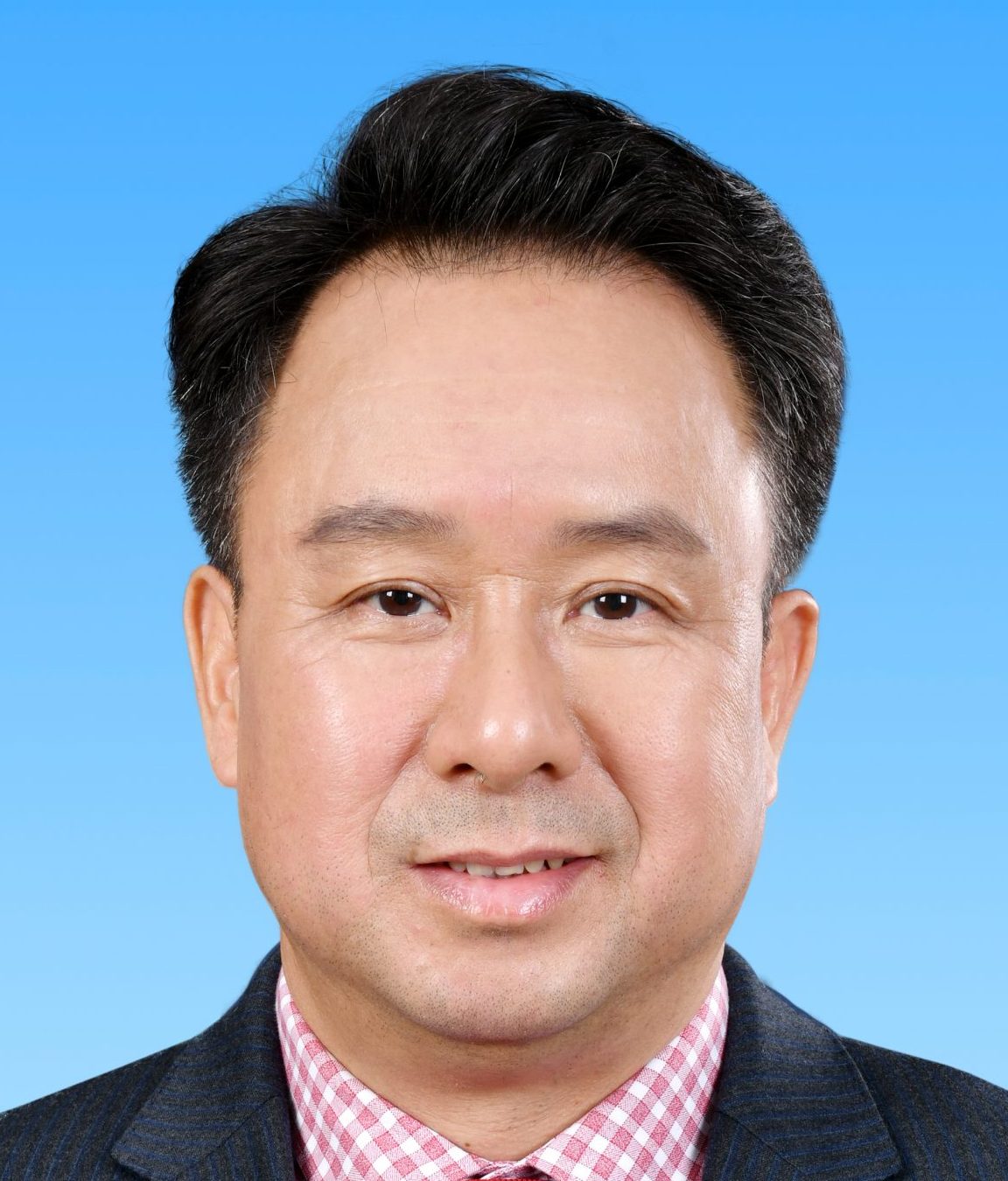 Prof. Xi HUANG Academic Director and Professor, The Fifth Affiliated Hospital, Sun Yat-sen University Talk Title: TREM-2 is a sensor and activator of T cell response in SARS-CoV-2 infection Prof. Xi HUANG is the academic director of the Fifth Affiliated Hospital of Sun Yat-sen University and the Director of infection and Immunology Research Center. He has been engaged in the research on immune protection and pathogenesis of infectious diseases (such as tuberculosis, COVID-19, zika virus, dengue virus). The research findings have been published on the journal such as Lancet Infectious Disease, Lancet Gastroenterology & Hepatologyis, Cell Reseach, Science Advances, Advance Sciences, ACS Nano, ACS central science, small, Journal of nanotechnology etc. He has taken charge of over more than 30 research projects, such as the national major infectious diseases project, the National Natural Science Foundation, the international cooperation project, the natural science foundation of Guangdong Province, the innovation team project of Guangdong Province and the collaborative medical science and technology innovation project of Guangzhou. |
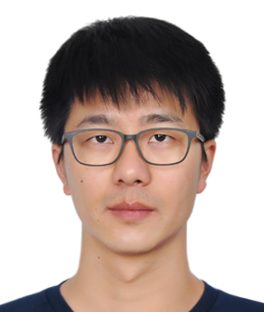 Dr. Ji DONG Investigator, Bioland Laboratory, Guangzhou Talk Title: Decoding Ultrasound Perception of Mammalian Auditory Cortex by Cross-species Comparison Dr. Ji DONG achieved his Ph.D. degree from Peking University and joined Bioland Laboratory in 2020. His reseach interests mainly focus on developmental biology, tumor biology and single-cell omics. He is dedicated to utilize advanced technologies (e.g., single-cell omics, bioinformatics, organoid culture, gene editing etc.) to explore aging and cancer in the light of evolution. His works have been published in Cell Stem Cell, Cell Research, Genome Biology, Briefings in Bioinformatics, etc. |
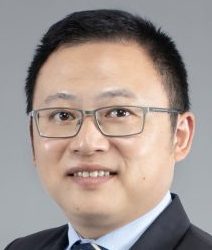 Prof. Chunming WANG Associate Professor, Institute of Chinese Medical Sciences, University of Macau Talk Title: Engineering Approaches for Modulating Macrophages to Promote Tissue Repair Prof. Chunming WANG is an Associate Professor at the Institute of Chinese Medical Sciences, University of Macau. Trained at Nanjing University (BSc & MSc), Nanyang Technological University (PhD) and Cambridge University (Postdoc), he has integrated knowledge in biochemistry with cutting-edge technologies of materials engineering, aimed at devising bioactive materials for tissue regeneration and immunotherapy. He has been awarded NSFC Excellent Youth Science Fund (2020) and elected as Fellow of Royal Society of Chemistry (FRSC), UK (2021). He has published in Nature Communications, Science Advances and Cell Reports, among other recognised journals, and secured funding from national and regional agencies. |
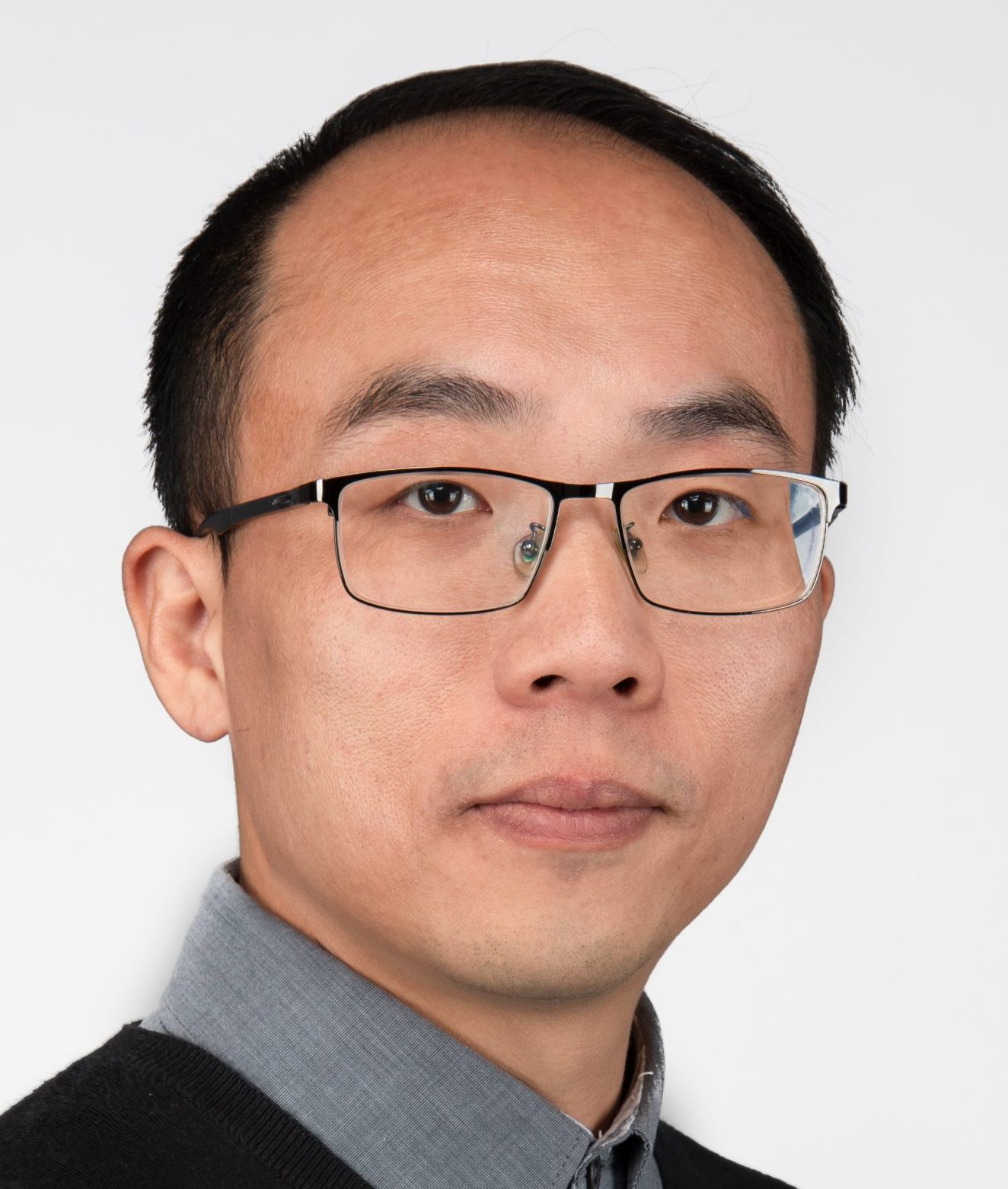 Prof. Qiang CHEN Assistant Professor, Faculty of Health Sciences, University of Macau Talk Title: BRCA1 Deficiency Leads to Imbalance in Mitochondrial Dynamics and Remodel the Tumor Microenvironment Prof. Qiang CHEN obtained his Ph.D. degree from Xiamen University and received his postdoctoral training at First Affiliated Hospital of Xiamen University and National Institutes of Health, USA from 2009 to 2015. After that, he joined Faculty of Health Sciences, University of Macau as a senior instructor. In 2021, he was promoted to assistant professor. His research interest is study of cancer development and metabolic diseases with mouse models. He has published peer-reviewed papers in Advanced Science, Hepatology, Journal of Hepatology, Cell Reports etc. |
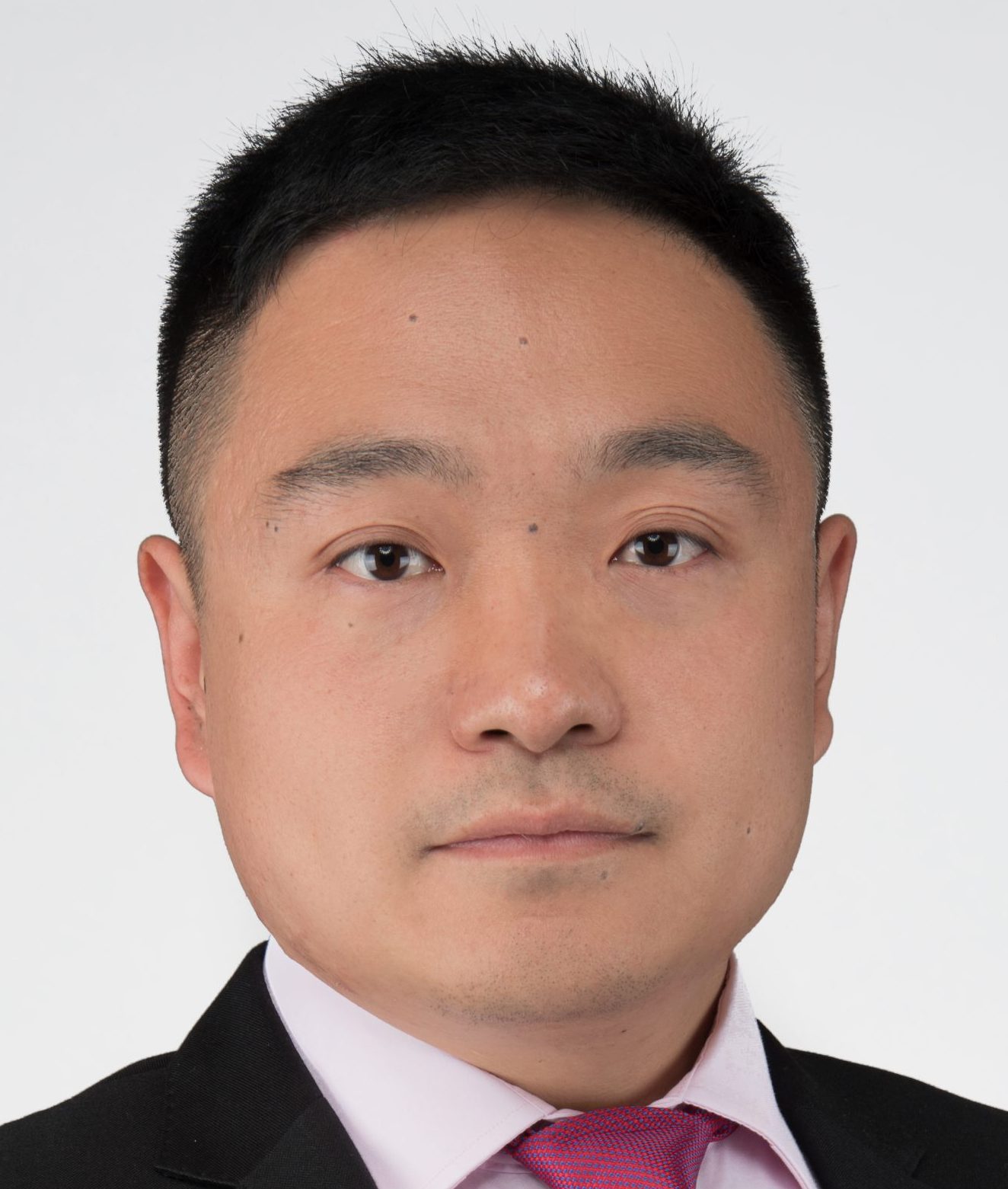 Prof. Yunlu DAI Assistant Professor, Faculty of Health Sciences, University of Macau Talk Title: Metal-Phenolic Networks (MPN) Biomaterial for Combination Cancer Therapy Prof. Yunlu DAI is an assistant professor in the Faculty of Health Sciences, University of Macau. He received his PhD degree in 2014 from Changchun Institute of Applied Chemistry (CIAC), Chinese Academy of Sciences under the supervision of Prof. Jun LIN. Then he moved to the University of Melbourne as a research fellow with Prof. Frank CARUSO. In 2016, he joined Dr. Xiaoyuan (Shawn) CHEN’s Laboratory in National Institutes of Health (NIH) as a postdoctoral fellow. He initiated his independent research program in 2018 at University of Macau. His research focuses on the multifunctional hybrid nanomaterials for cancer theranostics. |
